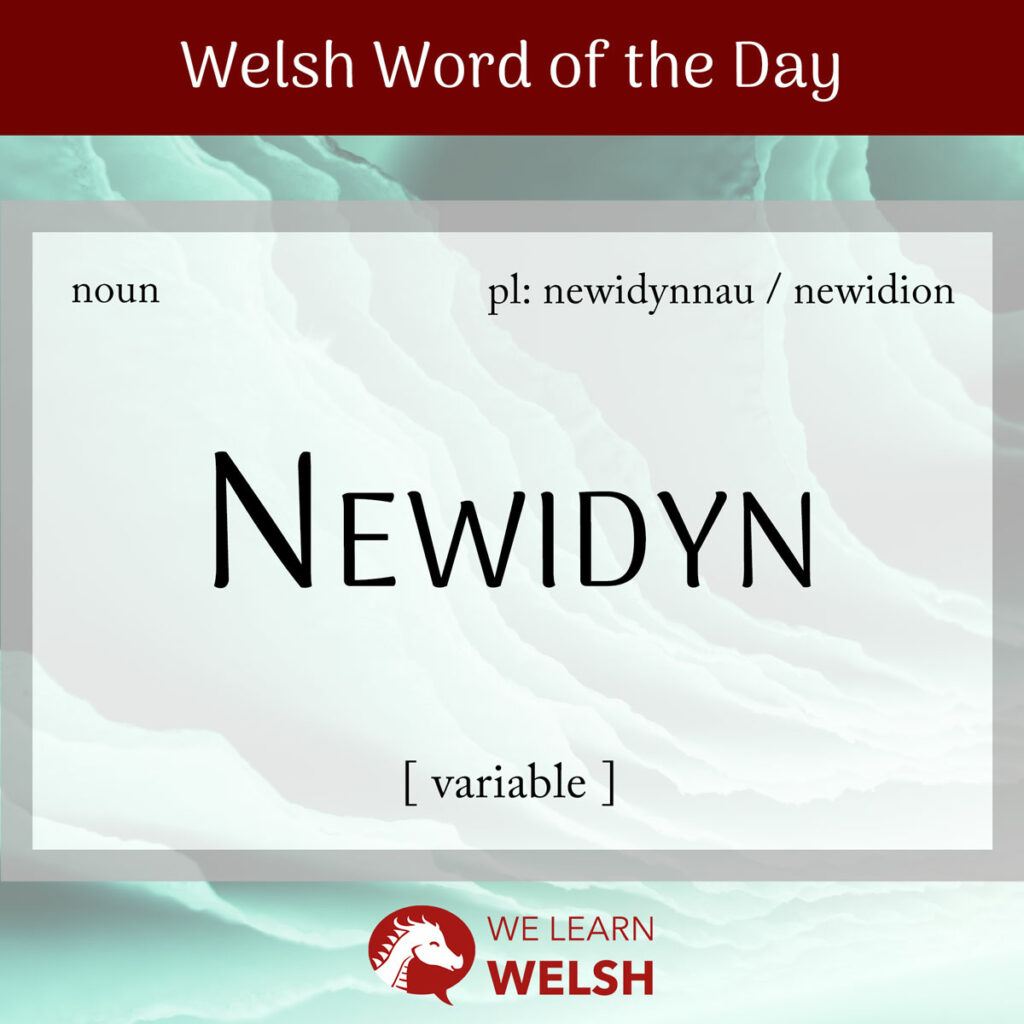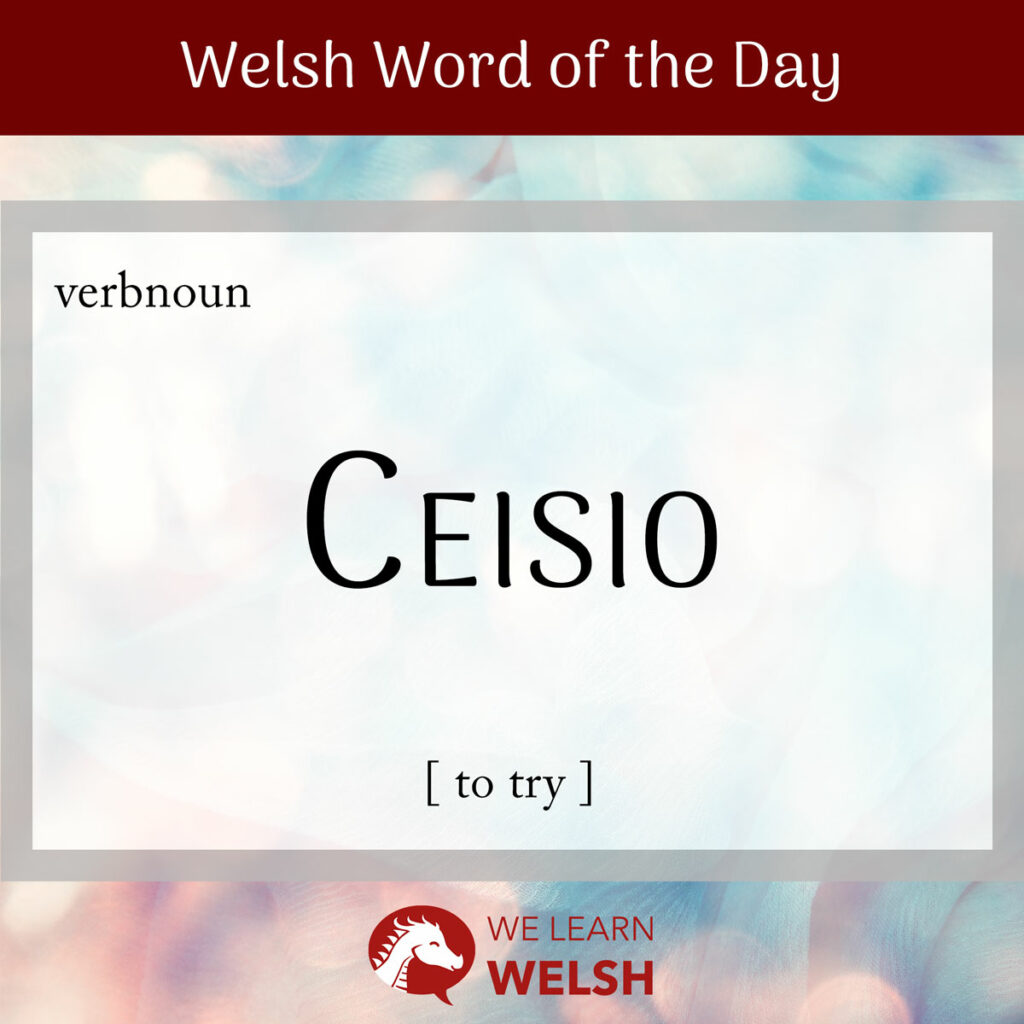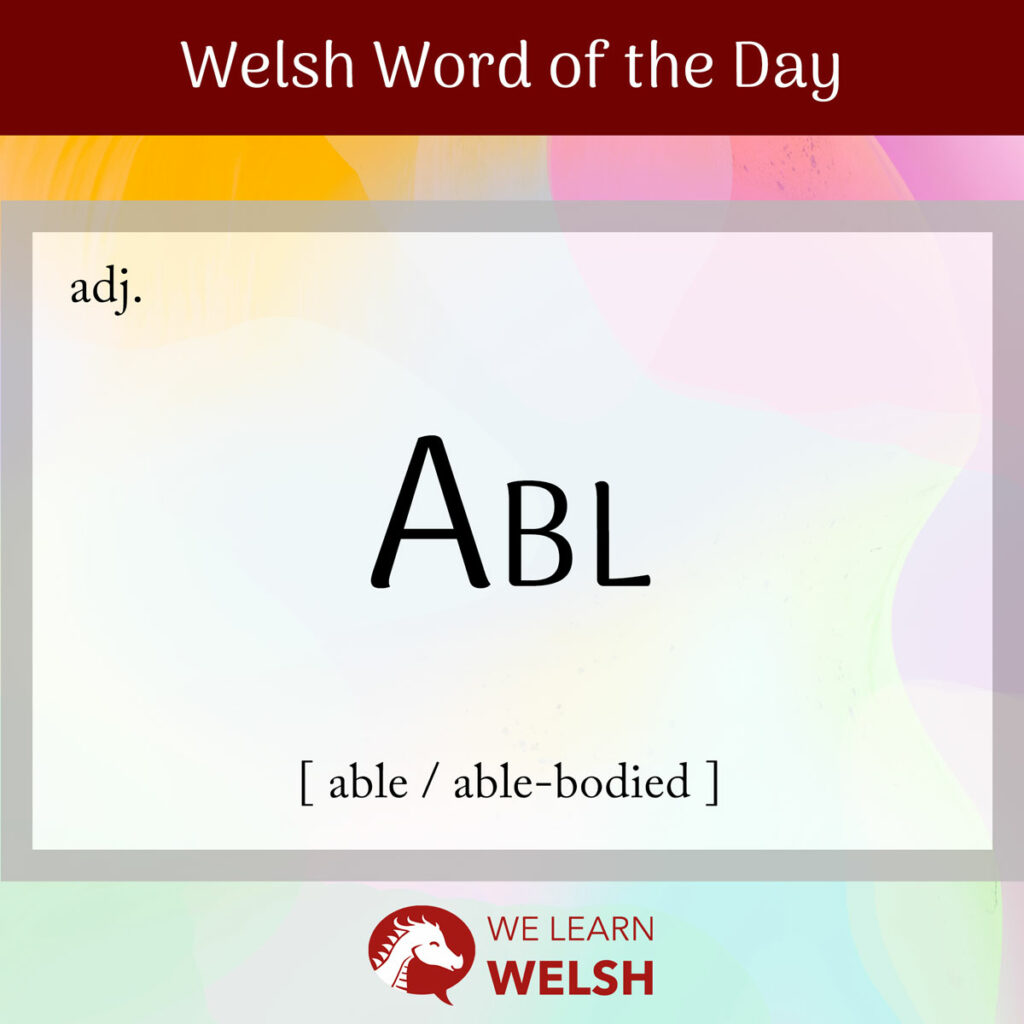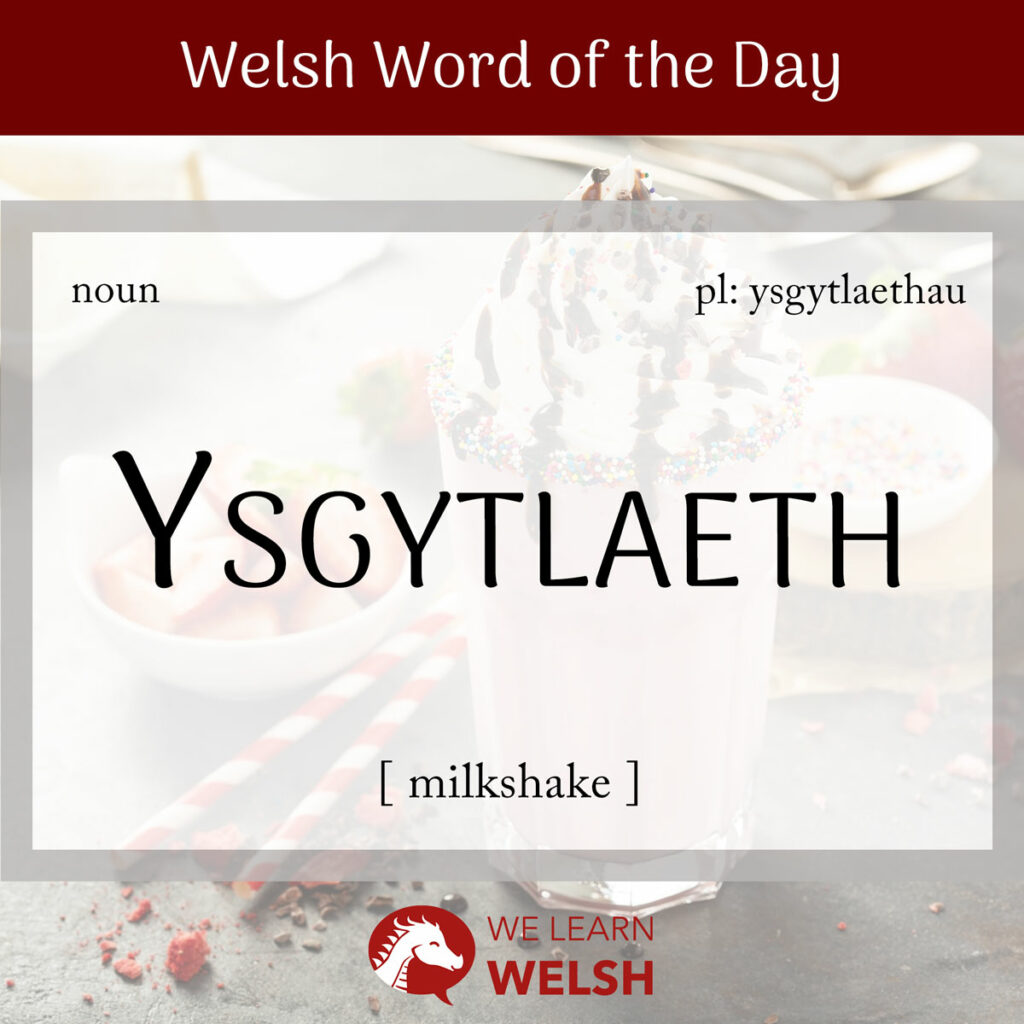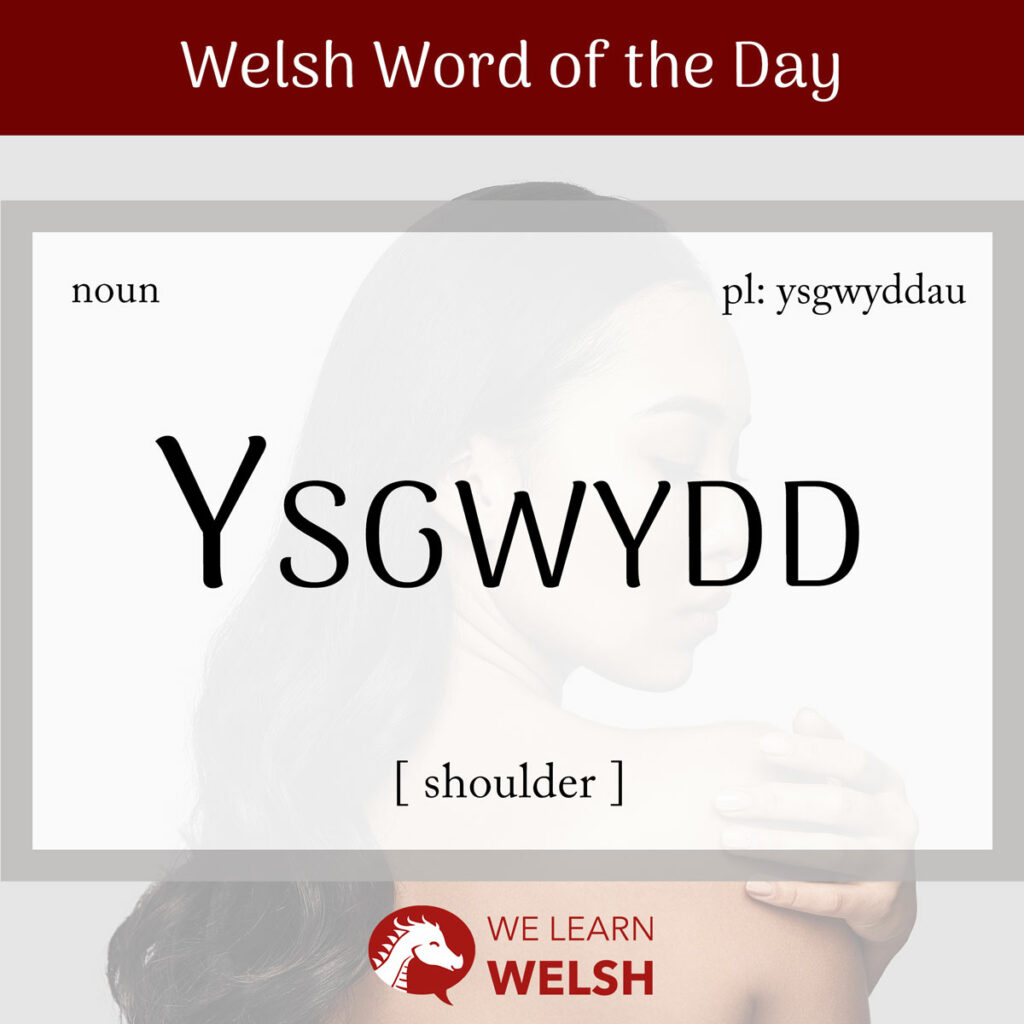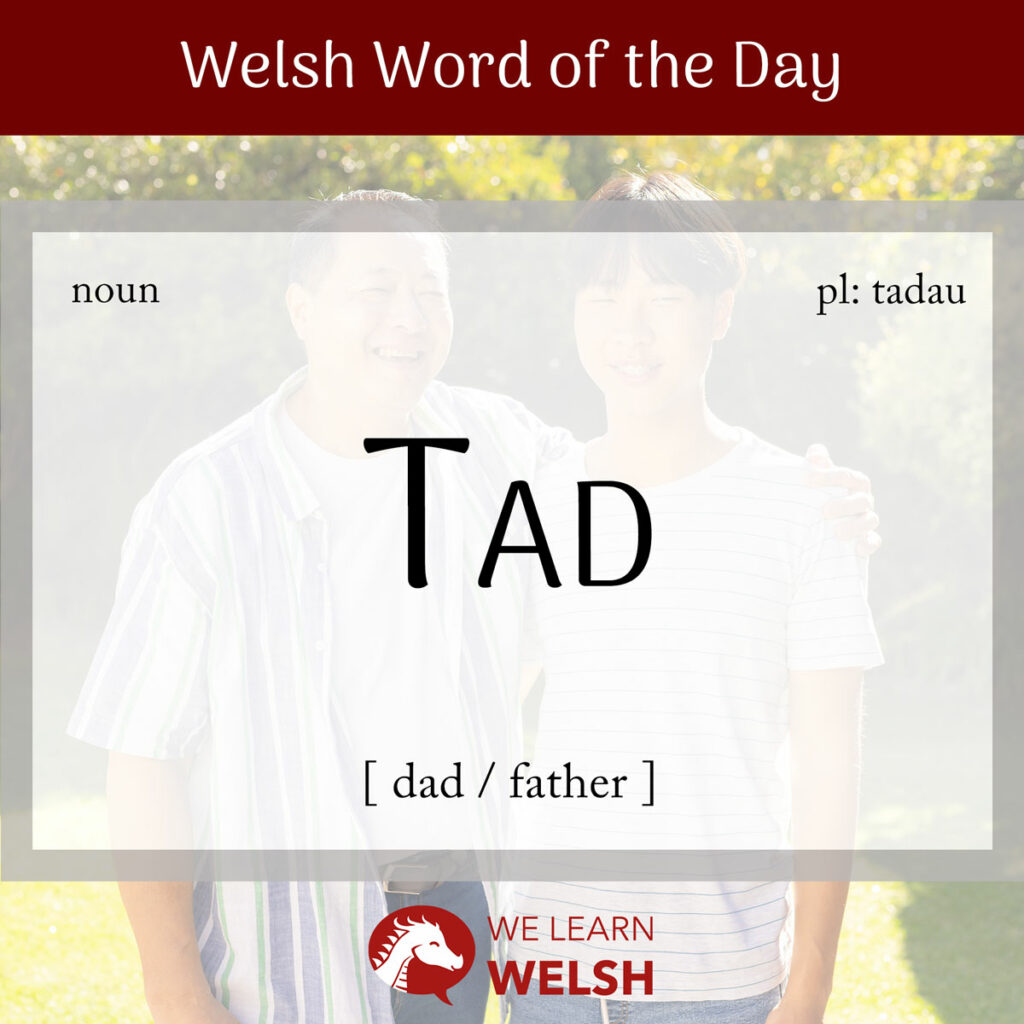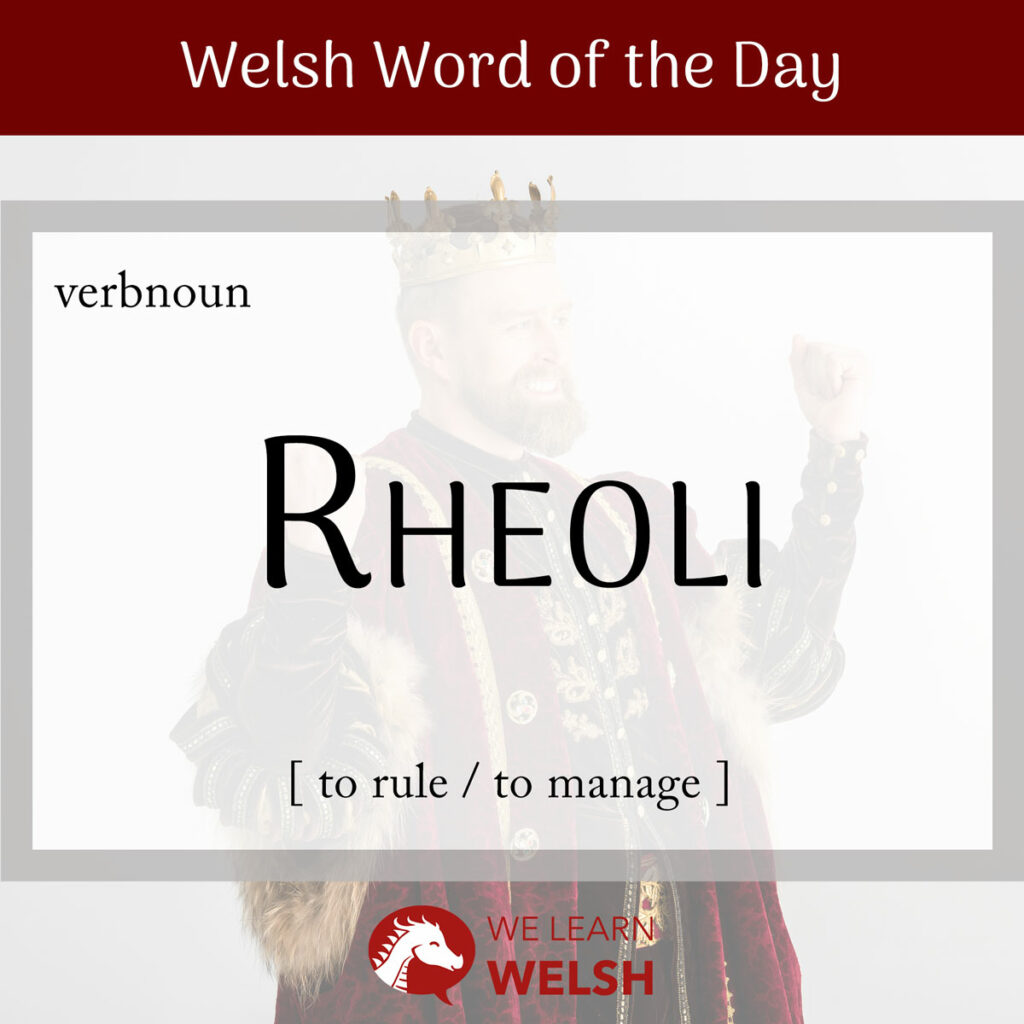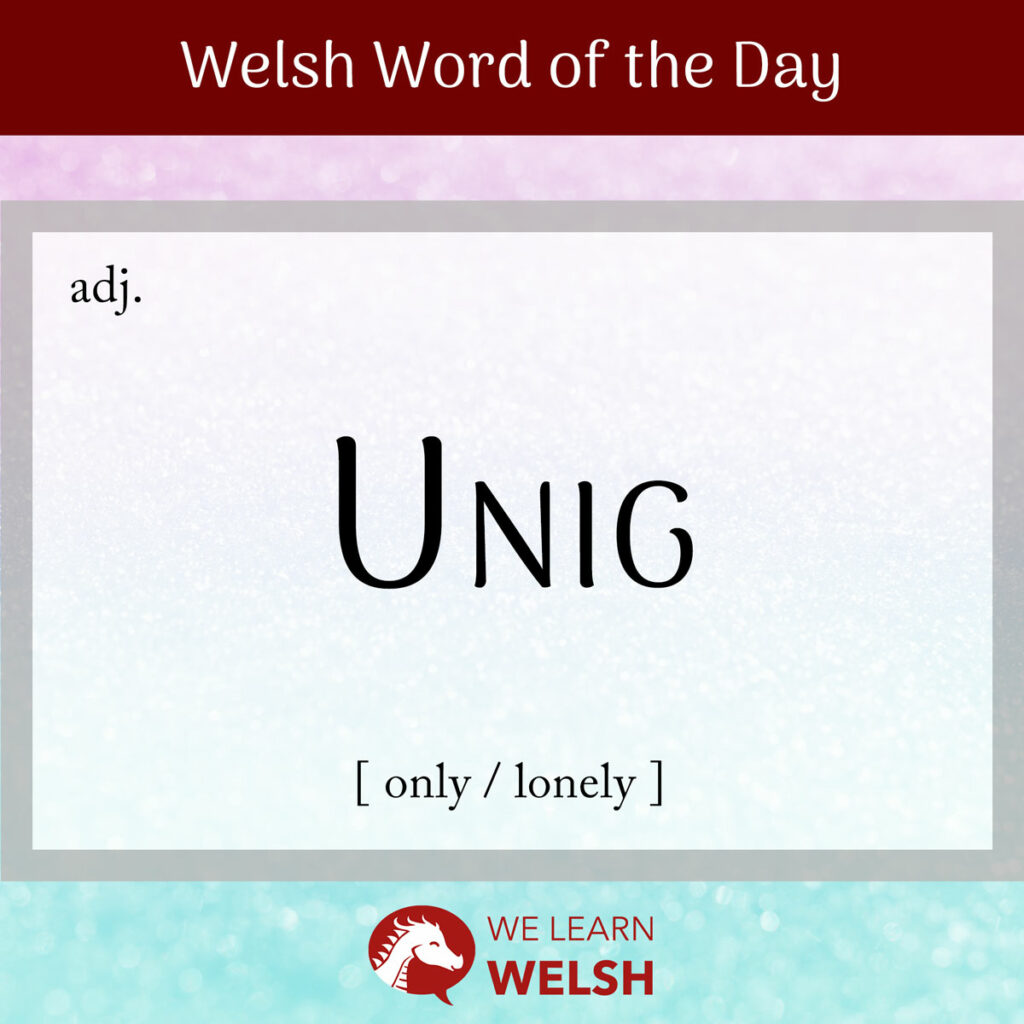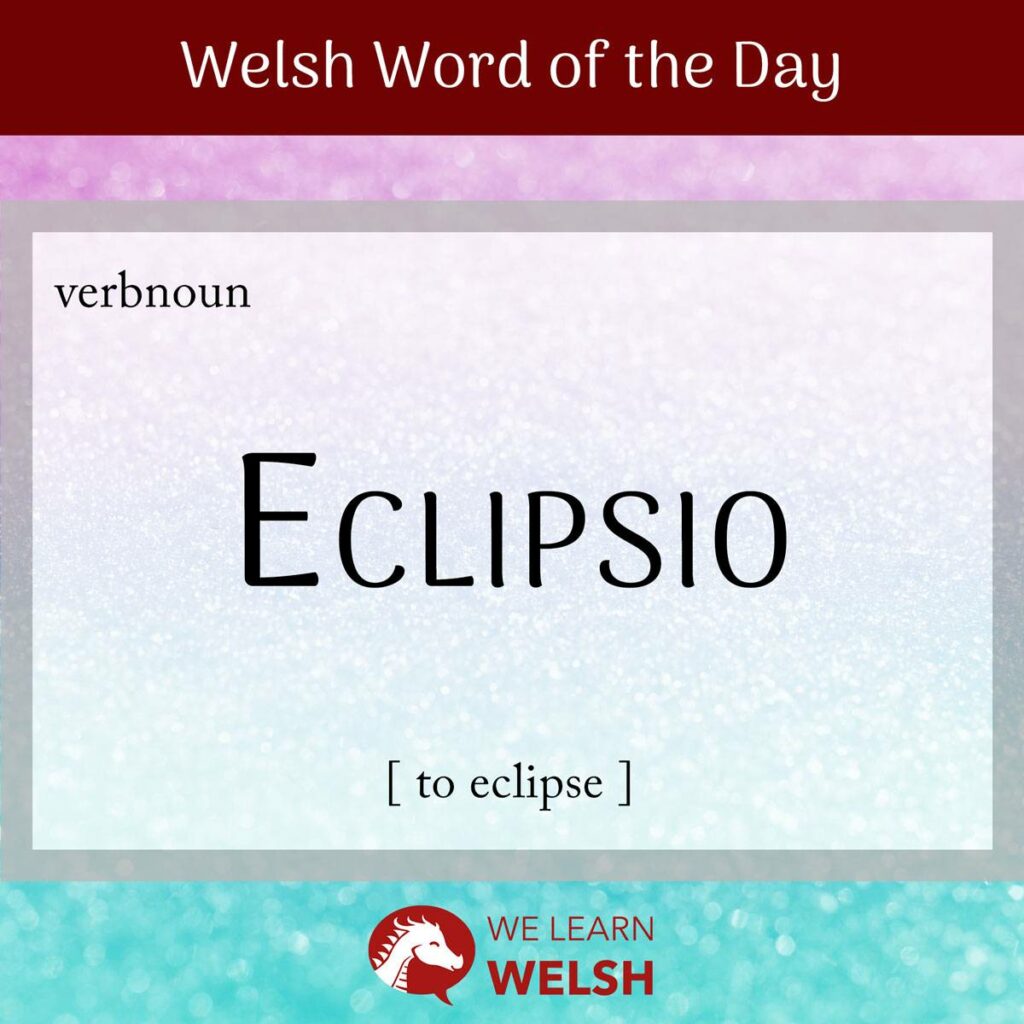Welsh Word of the Day: Newidyn (variable)
One of the most amusing quirks of growing up in Wales is that many students who stay in Welsh-language education throughout high-school won’t know the English words for certain scientific and technical vocabulary. While, as a general rule, all Welsh speakers today also speak English fluently, there are often certain blind spots for words you’d …

